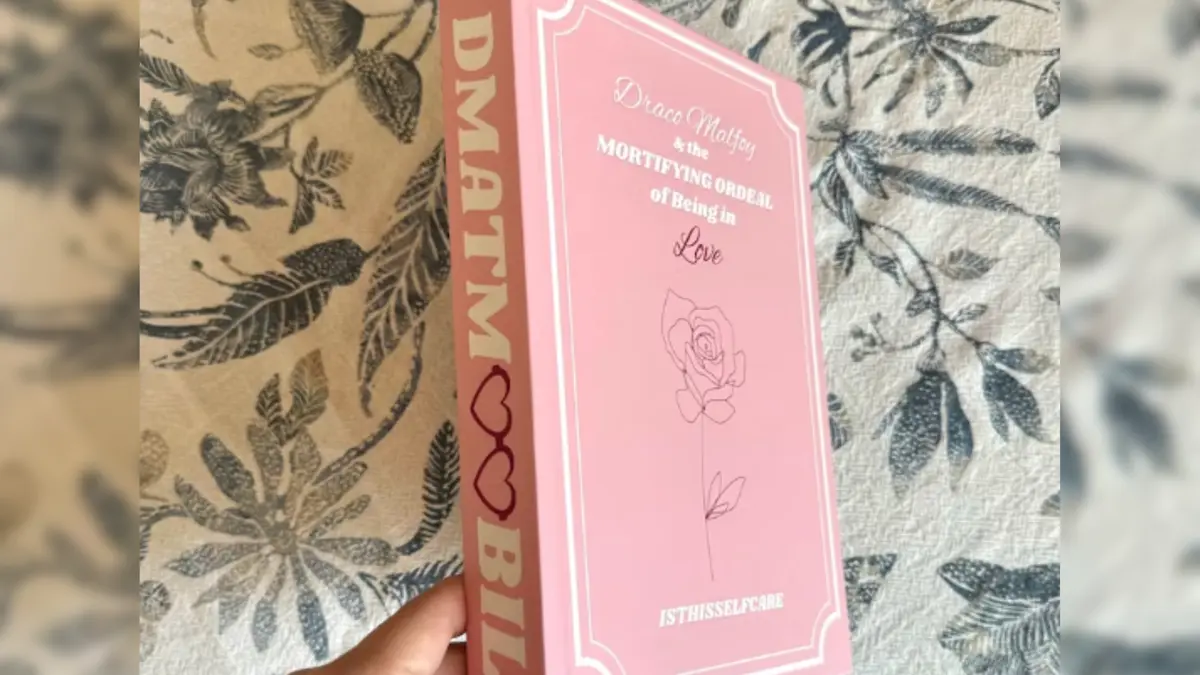Etsy sellers are turning free fanfiction into printed and bound physical books, and listing them for sale on online marketplaces for more than $100 per book. It’s a problem that’s rattling the authors of those fanfics, as well as their fans and readers.
Several sellers, easily found on Etsy and very popular, each with hundreds of five-star reviews, are selling copies of fanfiction taken from sites like Archive of Our Own (Ao3) and reselling them as bound books. The average price of these bound copies is around $149. Some sellers claim that they’re simply covering the cost of materials, while others just sell the books, usually with the fanfiction writers’ Ao3 username on the cover.



Fanfics are 100% copyright infringement, there’s no fair use/dealings defence of them. There’s just little point for corporations to go out and enforce their copyright, fanfic authors likely don’t have much money and it’d be a PR nightmare. Obviously this equation changes when people start to profit of fan work, it’s why AO3 doesn’t allow direct links to donation pages.
The OTW, who run AO3, would disagree with you: https://www.transformativeworks.org/faq/#faq-WhydoestheOTWbelievethattransformativeworksarelegal
That said, I’m not sure why they say ‘transformative works are legal’ rather than ‘transformative works are sometimes legal and we believe noncommercial, transformative fanworks are legal but no one has actually tested it in court and it’s unspecified in the legislation’.
It would be weird if the OTW just outright stated that fanfiction was copyright infringement, starting off from the position of “yeah, it breaks the law” would be a bad form of advocatory. The case they link on that FAQ is about a parody of (at the time) 20 year old song, which is materially very different from how fanfiction works. I do think if it ever did go to court that a non-commercial exception would likely be carved out, but as it currently stands I don’t think there’s any precedent in either my own country or America that can be used to argue that fanfiction meets the criteria for fair use/dealings. Then again, I’m not a lawyer so my opinion probably isn’t worth much.
(sidenote: it’s mad that American copyright law doesn’t have an explicit exception for parody)